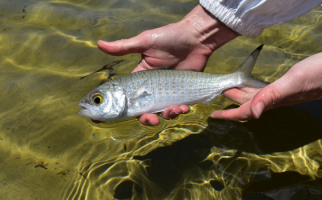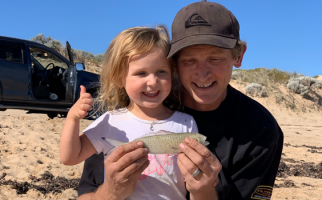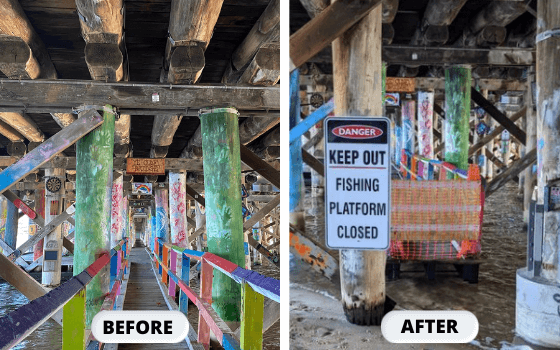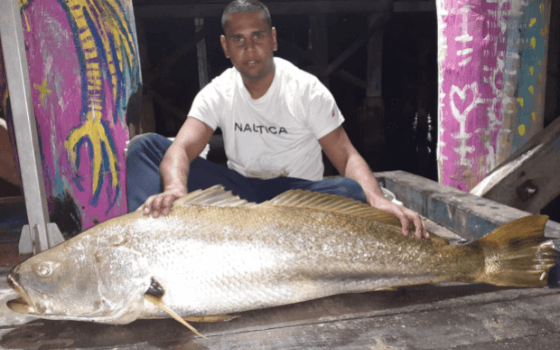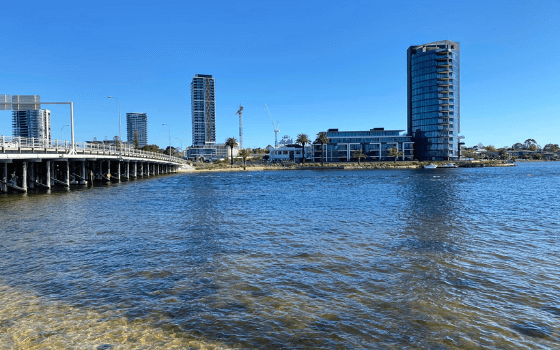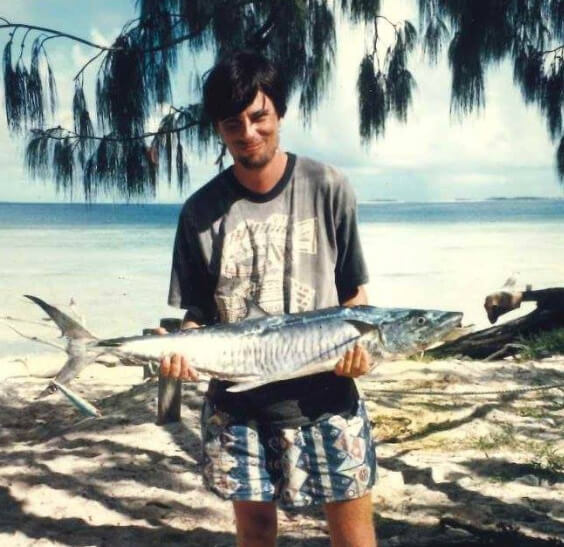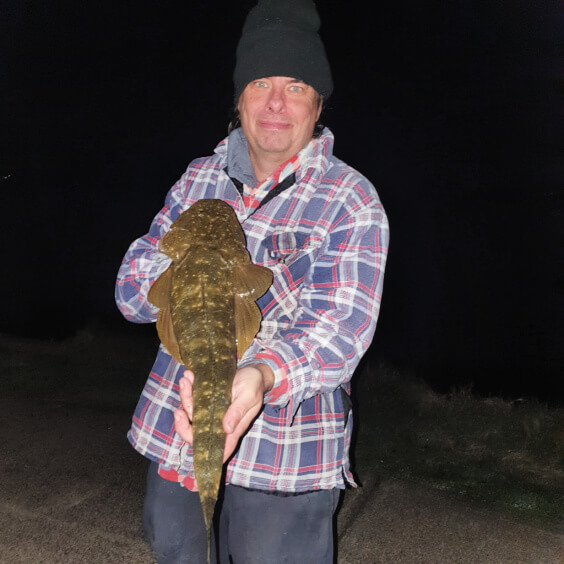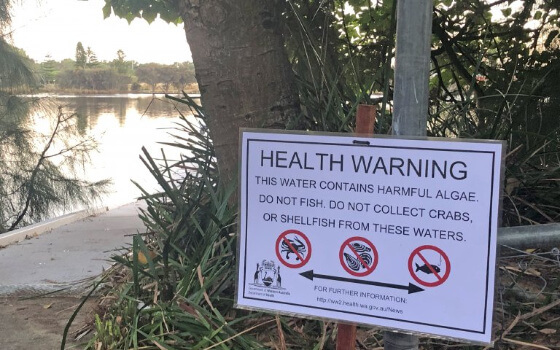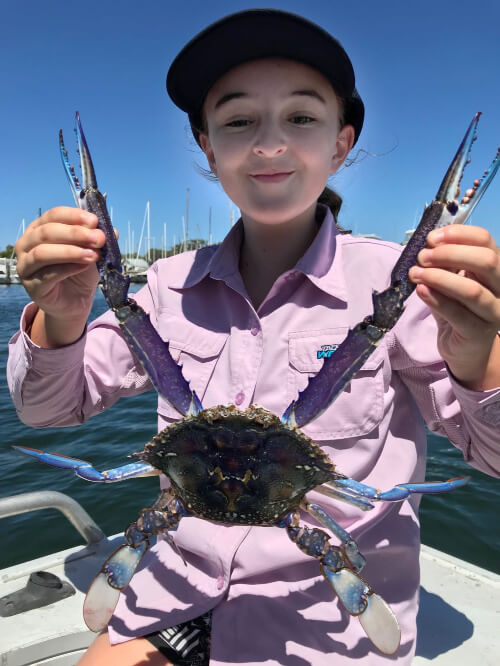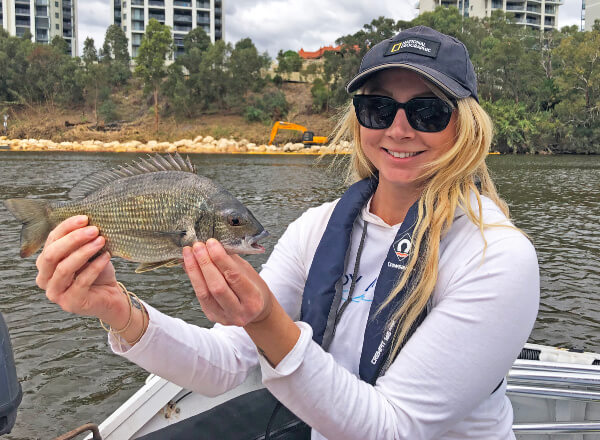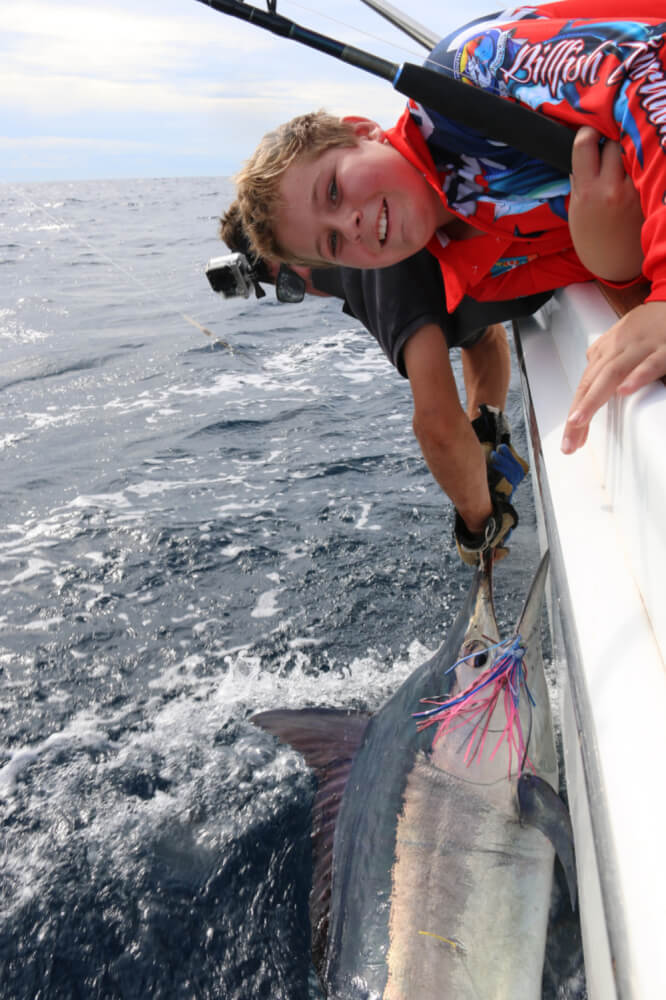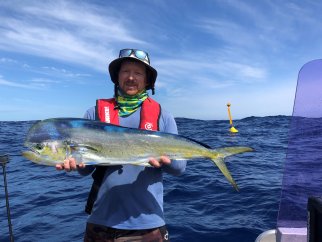Thanks to jetty owners throughout the Peel-Harvey estuary near Mandurah, shellfish numbers have taken a boost and are supporting native fish populations in the region.
The reason behind the growing mussel abundance comes down to a clever initiative called ‘Pimp My Jetty’ – created by Ozfish, and supported by Recfishwest, which involved jetty owners agreeing to host a hanging shellfish habitat such as natural ropes under their private jetty.
The fibres of the rope provide an ideal surface for mussel larvae and for maturing mussels to grow on. As more mussels create homes on the new hanging habitats, it leads to more mussel spat in the estuary and helps to revive the once thriving shellfish population.
The mussels also improve water quality through filtering it and provide an increased high-quality food source and better habitats that supports black bream and other native fish species such as tailor, herring, whiting, flathead and others.
More mussels mean more fish, which is a win-win for recreational fishers and the water quality of the estuary.
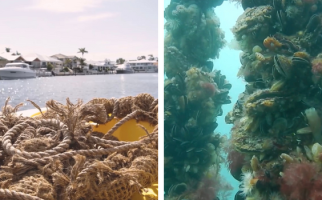
Steve Pursell, OzFish Program Manager for WA, believes the success of this year’s project underlines what can be achieved when recreational fishers, local communities, and scientists work together.
“We have been pleased by the numbers of private jetty owners who came forward to be involved – it shows they understand the importance of healthy habitats in our waterways,” he said.
“Not only do mussels play a key role in filtering and improving the water quality, research shows they once made up 64 per cent of black bream’s diet in the area but that is now as low as 19 per cent. By restoring habitat, our volunteers are helping to create better fishing,” said Steve.
Recfishwest Operations Manager Leyland Campbell said, “Estuaries such as those located in the Peel-Harvey region are crucial for providing easy access to great fishing spots and as nursery habitats for key recreational species.
“Thanks to initiatives like Pimp My Jetty, we not only help restore a valuable food source for fish like black bream, tailor and others, but it also helps improve the water quality and directly benefits the fishing action in the area.
“The Mandurah estuary is an incredibly unique angling destination for crabbing and yellowfin whiting fishing on surface lures and poppers during the warmer months. Fishers can feel comfortable knowing these kinds of projects will improve these crucial fishing experiences over time.
“Thanks to all the friendly Peel-Harvey locals who own a jetty and their collaboration with Ozfish, they are helping breathe more life into our estuaries.”

The Pimp My Jetty project is funded by Recfishwest, Navico, the Western Australian Government’s Royalties for Regions program, and BCF – Boating, Camping, Fishing. It is supported by Peel Harvey Catchment Council.
Find out more about Ozfish’s ‘Pimp My Jetty’ initiative here
